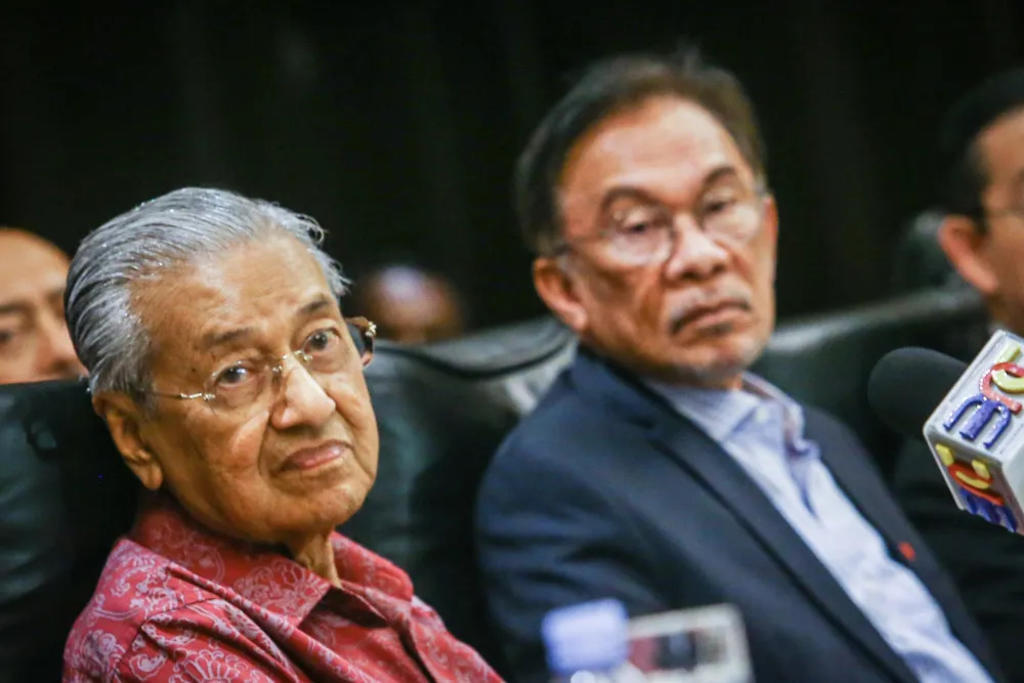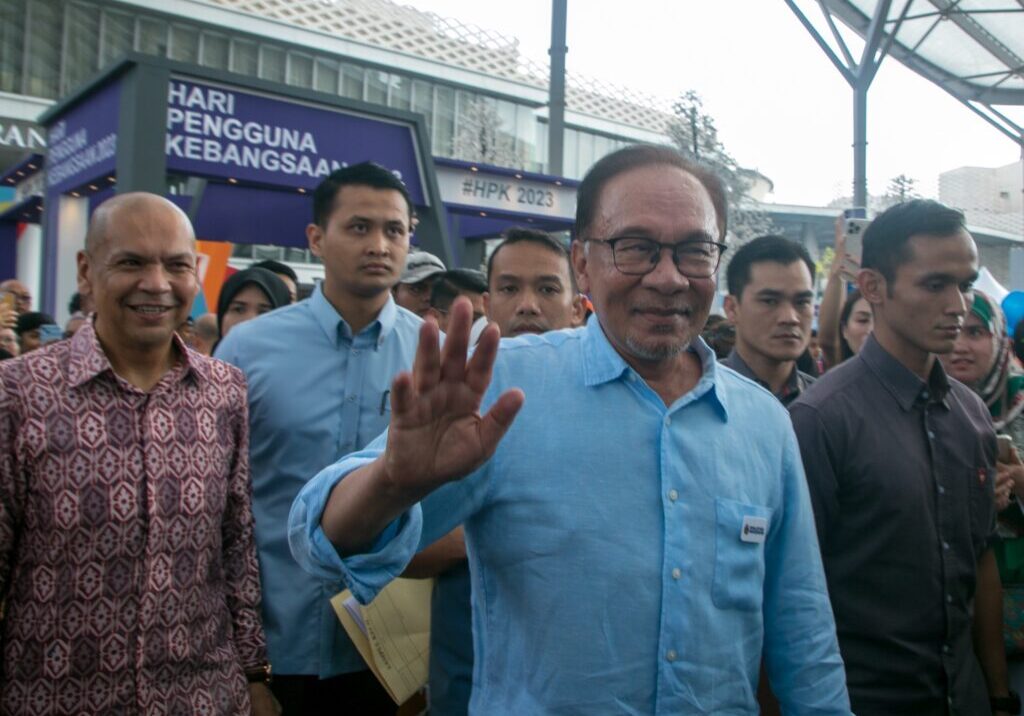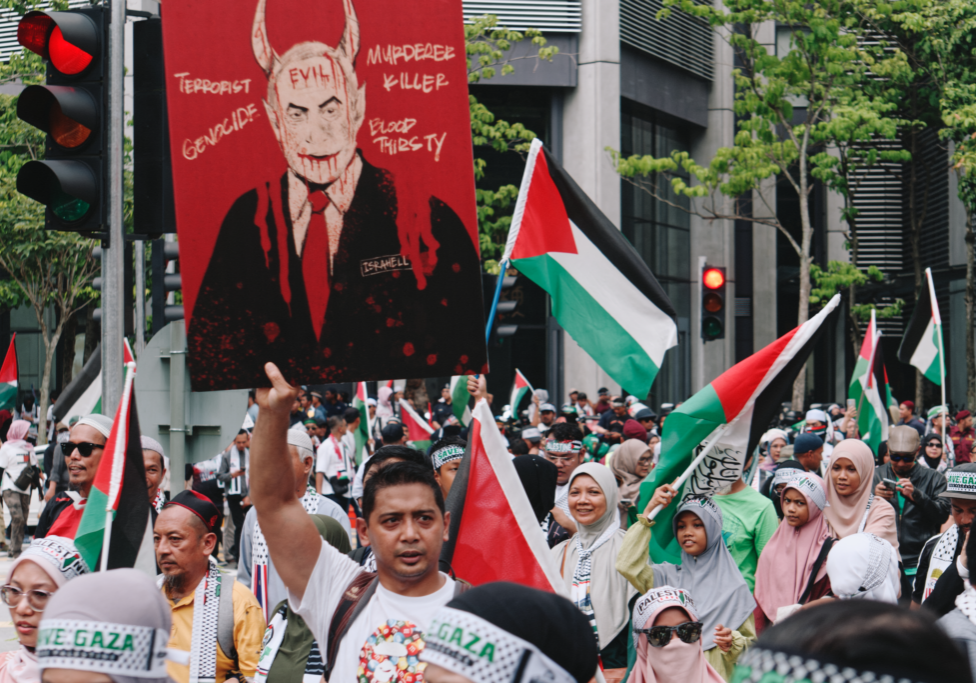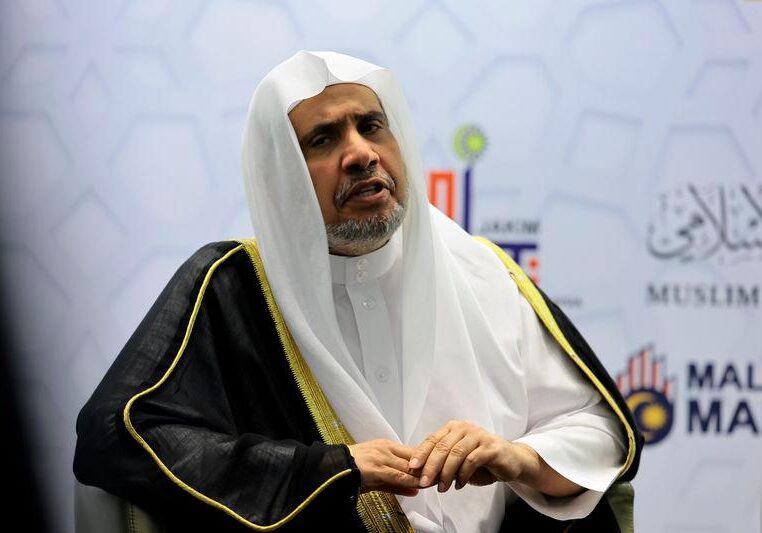Australia/Israel Review
Asia Watch: Political Intermission
Jun 3, 2020 | Michael Shannon

While the COVID-19 pandemic has caught sprawling Indonesia unprepared and even ultra-modern Singapore is dealing with a fresh outbreak, neighbouring Malaysia, which previously had the highest number of cases in Southeast Asia, has confounded predictions and turned the viral tide through movement curbs, mass testing and aggressive contract tracing.
With recoveries now beginning to outnumber new infections, Malaysia is moving slowly towards a staged resumption of economic and social activity.
Prime Minister Muhyiddin Yassin’s relative success in containing the coronavirus and his implementation of a generous 260 billion ringgit (A$94 billion) stimulus package to cushion the pandemic’s economic blow has won him a degree of popular support.
“Social media is buzzing with commendation and tributes to the PM and the government,” political analyst and academic Nik Ahmad Kamal Nik Mahmod told the Asia Times. “Generally the people are satisfied with the way the new government is handling the situation.”
Yet, Muhyiddin’s hold on power is tenuous. His Perikatan Nasional (PN) government is comprised of the country’s three largest parties catering exclusively to the Malay Muslim majority: Muhyiddin’s Parti Pribumi Bersatu Malaysia (PPBM), the scandal-plagued lynchpin party, the United Malays National Organisation (UMNO), and its hardline Islamist ally, Parti Islam SeMalaysia (PAS). Their numbers are bolstered by Gabungan Parti Sarawak (GPS), and a faction of defectors from Anwar Ibrahim’s Parti Keadilan Rakyat (PKR), the previous government’s largest component party.
The arithmetic behind the PN coalition is yet to be tested in the parliament due to the coronavirus shutdown, while Muhyiddin’s own party remains split between a faction loyal to him, its president, and former PM Mahathir, its chairman, who rejects cooperation with UMNO and has indicated plans to wrest back control of the party to realign it with his previous coalition partners.
Muhyiddin was appointed the country’s eighth prime minister by the King on March 1, after he and other defectors from the previous Pakatan Harapan (PH) government joined with the opposition parties.
Meanwhile, just two years after the reformist, multiracial Pakatan Harapan coalition made history by overturning 61 years of Barisan Nasional (BN) coalition rule, its key protagonists find themselves in opposition and seeking to reverse their humiliating ouster.
Mahathir and Anwar, the newly anointed leader of the opposition, marked the second anniversary of Pakatan’s historic victory in the 2018 election by issuing a joint statement. The two said they had put aside their differences in a renewed effort to bring Pakatan back to power.
“We are old, and we do not have much time left,” Mahathir and Anwar said, according to the Straits Times. “Yet our fighting spirit still burns bright in the souls of the youth who dream of reforms. It is time for us to rise again and return the people’s mandate to the rightful owners.”
The duo issued the statement in the lead-up to a planned motion of no-confidence on May 18, the first since the change of government, but PM Muhyiddin acted to ensure the one-off sitting was restricted to a speech by the King, citing public health concerns. The next parliamentary sitting (for 25 days) is scheduled for July 13.
At any rate, it would be a considerable feat to convince the Malaysian public that any Mahathir-Anwar combination is viable while memories are still fresh of their dysfunctional partnership while in government. And since the PH government collapsed – fatally undermined by their rivalry – Mahathir and Anwar have publicly traded barbs.
Mahathir admitted he “has issues” with Anwar, who he recently described as adhering to a “liberal philosophy” and harbouring an “obsession” to be prime minister.
“He has always been campaigning to get me to resign earlier,” Mahathir said of Anwar, to whom he publicly committed to hand power on several occasions during his 2018-20 premiership. Analysts, however, interpreted his refusal to set a date for that transition as a sign he intended to thwart Anwar’s ascension.
Anwar, who at 72 is the same age as Muhyiddin, has in turn rebuffed claims that he was ever impatient for the premiership. “Who is crazy to continue to be PM at the age of 90 or 95?” he countered in a recent interview.
Mahathir now insists he doesn’t want to return to the helm, recently telling the Australian, “I am 94 and in two months I turn 95 and I have no ambition to become PM,” so if that statement can be taken at face value, attention turns to Mahathir’s role in his own party.
Control of Bersatu is far from settled, with Muhyiddin serving as PM and Mahathir plotting from the Opposition benches.
The wildcard is Mahathir’s son Mukhriz, who, having declined an offer to be Muhyiddin’s deputy (an overture to Mahathir), now intends to challenge Muhyiddin for the party’s presidency in a bid to regain control of the party and overturn the Perikatan Nasional coalition.
Tags: Malaysia






